Noun Clauses with THAT
Past Continuous (Progressive) with WHILE and WHEN
Reflexive Pronouns
Future Real Conditional (First Conditional)
Subordinating conjunctions in time clauses
Comparisons with As... as
EMBEDDED QUESTIONS (General Wh- questions and yes/no questions)
Use:
Whenever you use an introductory phrase before a question, you must change the word order in the question.
Introductions include:
Can you tell me...? Do you know...? I don’t know... I’m not sure... I wonder... I can’t remember...
What’s the time? =>Can you tell me what the time is?
Where did he go? =>I don’t know where he went.
Form:
1) If the question has an auxiliary verb, swap the positions of the auxiliary verb and the subject. You can also do this in sentences with the verb to be.
Example: When can you get here?
Can is the auxiliary verb and you is the subject. Swap their positions when you add an introduction.
Do you know when you can get here?
Other examples:
Where has he gone? =>I don’t know where he has gone.
What are they doing? =>I don’t know what they’re doing.
What time is it? =>Have you any idea what time it is?
You cannot contract the verb if it is the last word in the sentence.Do you know what time it’s? =>Do you know what time it is?
2) If the question is in the present or past simple, remove do / does / did from the question. Change the verb ending so that the verb is in the correct tense.
Example:
Where did he go? =>Did you see where he went?
What time do you get up? =>Can you tell me what time you get up?
Where does she work? =>I wonder where she works.
3) If a question does not have a question word (Where, What, Why etc.) use if or whether before the question.
Example:
Does he live here? =>Do you know if he lives here?
Are they coming to the party? =>Do you know whether they are coming to the party?
(TAKEN FROM https://www.examenglish.com/grammar/b1_questions.htm)
https://www.examenglish.com/grammar/b1_questions.htm
https://www.englishexercises.org/makeagame/viewgame.asp?id=7875
https://grammarquiz.net/embeddedquestions-main.php
https://wordwall.net/resource/34636120/embedded-questions
Past Intentions (Future in the past)
Answer these exercises to practice with past intentions (was/ were going to...):
https://www.esl-lounge.com/student/grammar/2g20-i-was-going-to.phphttps://test-english.com/grammar-points/b2/future-in-the-past/
https://www.engvid.com/english-grammar-the-future-in-the-past/
https://www.tolearnenglish.com/exercises/exercise-english-2/exercise-english-6594.php
Reported Commands and Requests
Object Complements
Present Perfect Tense
- Grammar
- Homework
- Printable Exercises
- Online Practice Exercises
- Review
- Exams
- practice
- Reading materials
- Vocabulary
- Online exercises
- Business vocabulary
- Verbs
- Video
- exercises
- Presentations
- practice exercises
- Listening exercises
- Writing skills
- English
- Analysis
- Tips
- grammar online practice exercises review practice
- tenses
- online grammar exercises
- rubrics
- Platform
- grammar practice
- Oral evaluation
- online practice exercises
- Spelling
- Writing evaluation
- Rules
- adjectives
- Photos
- adverbs
- formats
- funny games
- grammar practice homework
- nouns
- verbs
- Business
- Festival del Globo
- Past
- Program
- Pronunciation
- conditionals
- conjunctions
- grammar online practice exercises review practice exams
- prepositions
- questions
- reading
- vocal exercises
- Cases
- Grades
- Grammar online practice
- Online practice
- Online practice exercises review practice grammar
- Podcasts
- Present
- Projects
- Reported Speech
- articles
- exam
- games
- grammar vocabulary verbs practice online exercises
- language
- online exercises
- participles
- phrases
- pronouns
About Me
- Teacher Valeria
Blog Archive
-
▼
2023
(23)
-
▼
November
(9)
- Practice on Second Conditional (Present Unreal Con...
- Noun Clauses with THAT
- Infinitives of purpose
- Past Continuous (Progressive) with WHILE and WHEN
- Reflexive Pronouns
- Future Real Conditional (First Conditional)
- Subordinating conjunctions in time clauses
- Modals of Possibility and Probability with Continu...
- Comparisons with As... as
-
▼
November
(9)



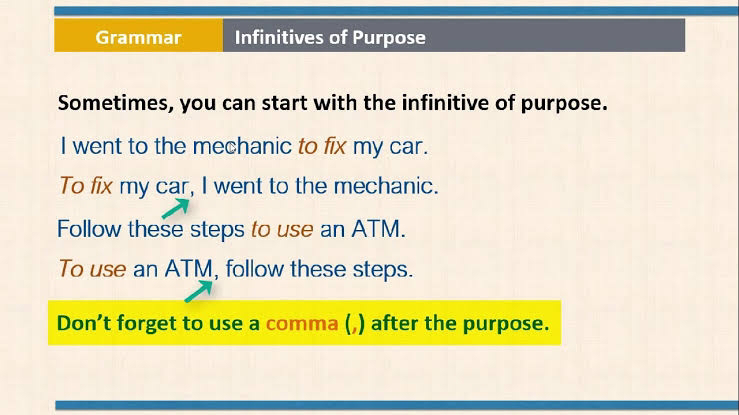
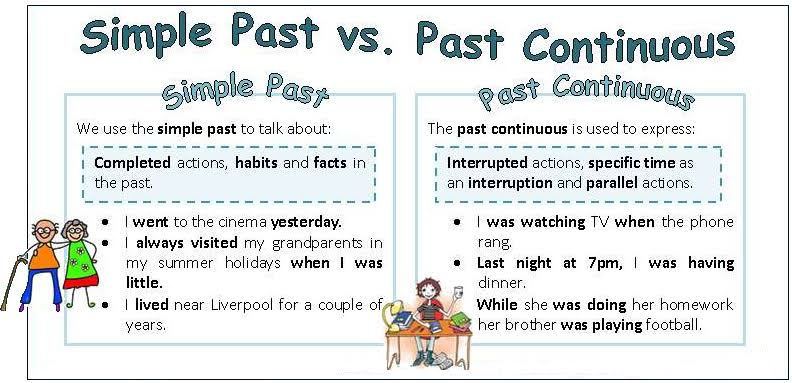




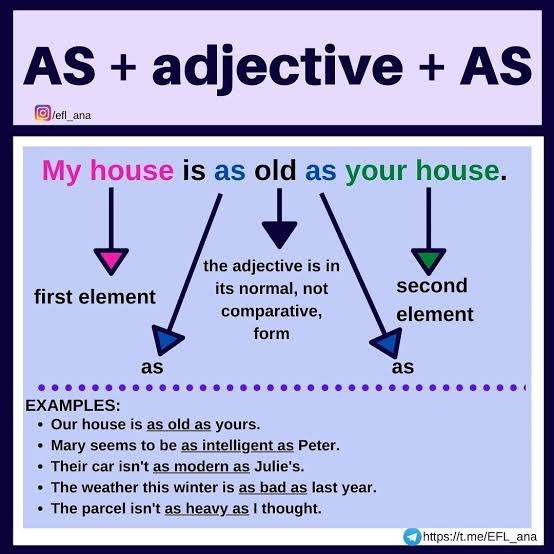

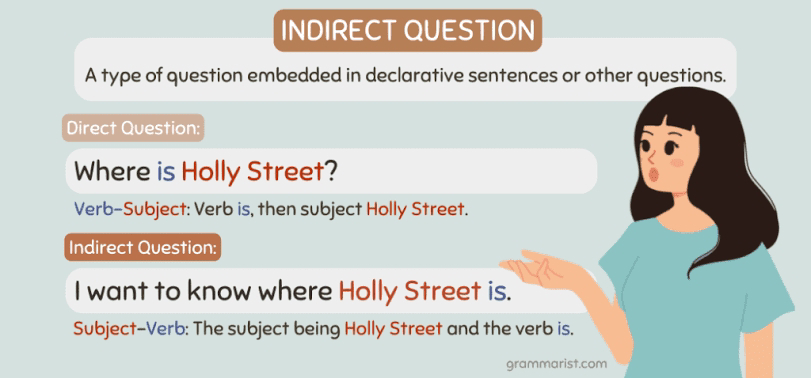
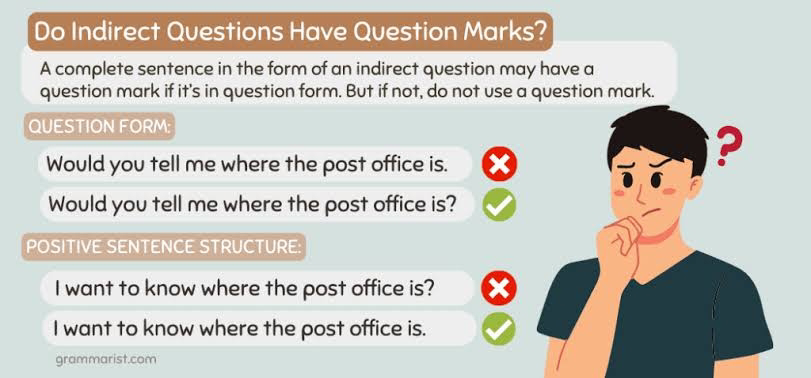

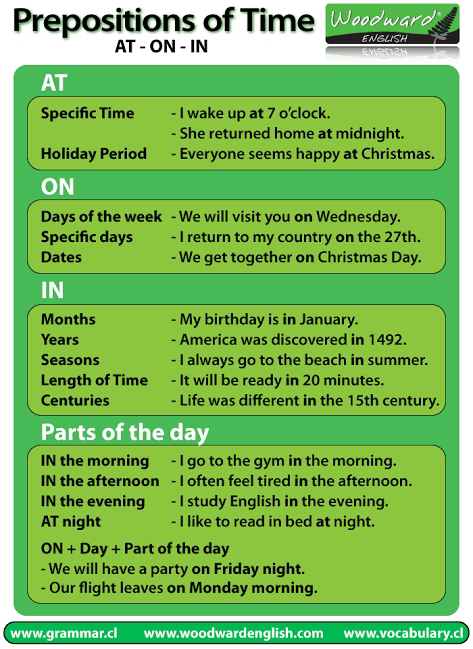





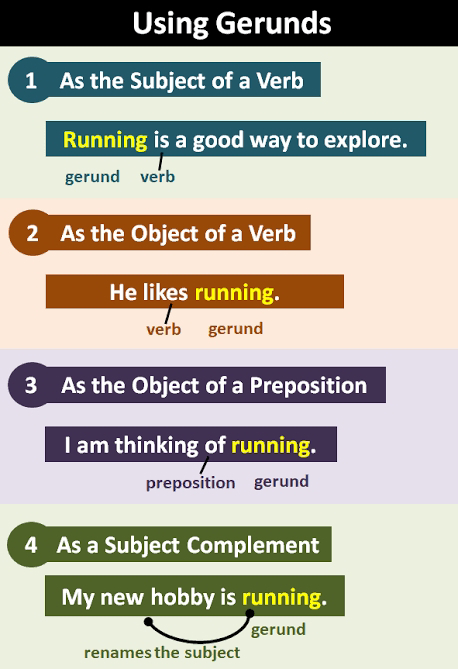


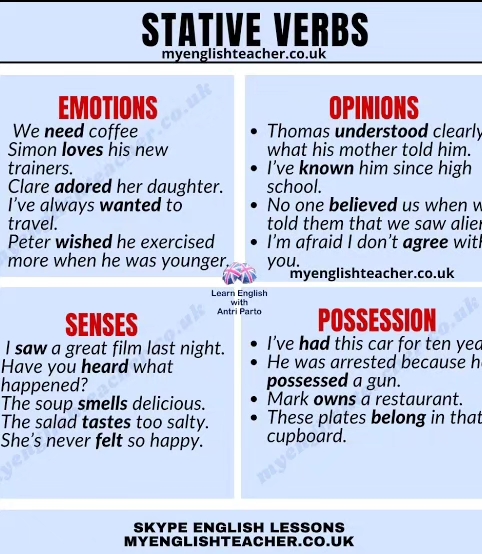


















Recent Comments